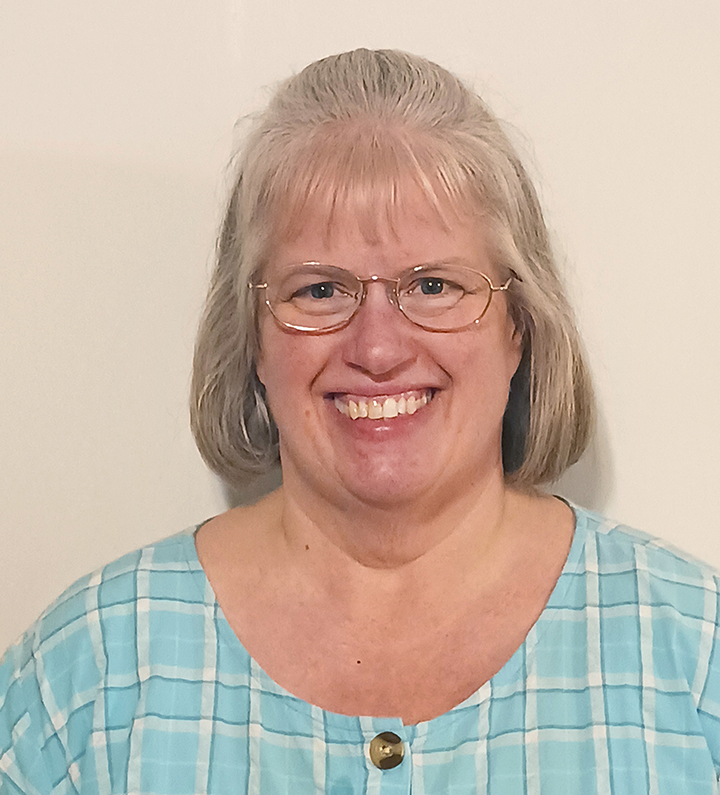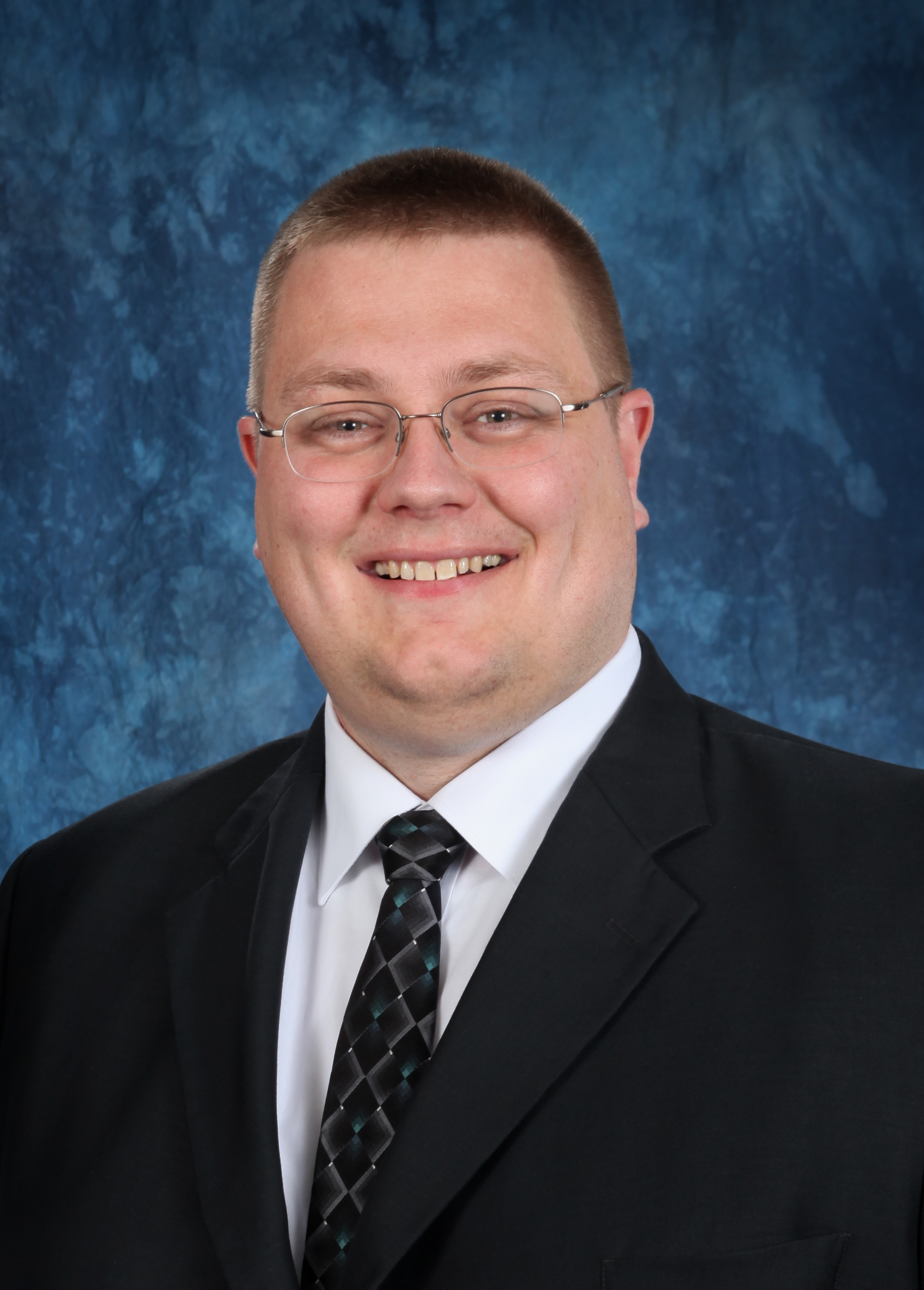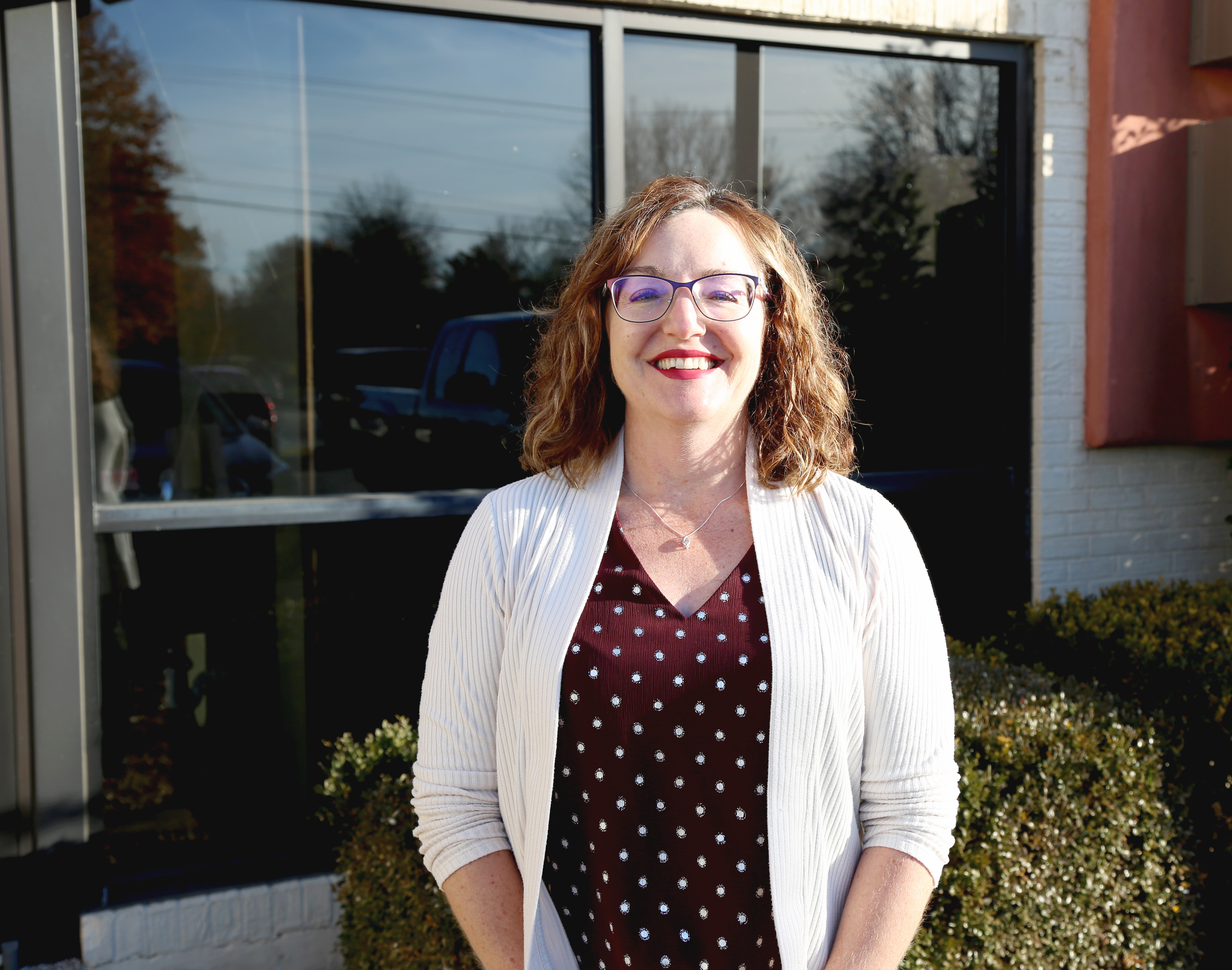
Published on October 12, 2023
Read Time: 5 Minutes
Three Things to Know
- Rolla resident Sheila Roylance battled unexplained health problems for 2 years, prior to her type 2 diabetes diagnosis.
- Sheila was referred to the Phelps Health Diabetes Self-Management Education and Support program by her primary care provider, Dr. Chad Vail.
- After completing the program with Diabetes Care and Education Specialist Kim Richardson, BSN, RN, Sheila feels like a new person and strongly endorses the program.
For the 2 years leading up to her 50th birthday, Rolla resident Sheila Roylance battled a variety of unexplained physical and emotional health problems.
“I was so sick without knowing why,” said Sheila, now age 51. “I was exhausted all of the time! I was always hungry, even after eating a meal. I had achy joints and leg muscles, and no energy. Emotionally, mentally and physically, I was on edge. I was hanging onto the most basic of my responsibilities by my fingernails. Any extra thing sent me over the edge.
“I knew something wasn’t right. I talked with my sister who has Hashimoto’s disease (a disease where the immune system attacks the thyroid gland). She helped me understand that my symptoms were something to be taken seriously, that they went beyond just getting older or being tired.”
Three weeks before her 50th birthday, with this push from her sister, Sheila decided to take action. During a visit with her primary care provider, Phelps Health Internal Medicine Physician Chad Vail, DO, FACOI, she was tested for – and would learn that she had – type 2 diabetes.

Type 2 diabetes occurs when a person’s body cannot properly use the hormone called insulin. According to the Centers for Disease Control and Prevention (CDC), a staggering 37.3 million people have diabetes, or 11.3% of the US population. Of equal concern, an estimated 8.5 million people (23% of adults) are undiagnosed.
Not surprisingly, Sheila’s diabetes diagnosis would change her diet and the way she thought about food, in general. Understanding the magnitude of these lifestyle changes, Dr. Vail offered some advice. He suggested that Sheila consider attending the Phelps Health Diabetes Self-Management Education and Support program.
“I resisted it at first,” said Sheila, of the program. “My sister had diabetes before she died, and I had gestational diabetes (diabetes during pregnancy), so I thought I knew enough to get me through. But then, I hit a wall emotionally and mentally, and decided I needed additional help.
“I attended four [diabetes education] classes at first,” she said. “The classes are held individually and at your pace. In other words, they are held when it’s convenient for you. Now, I have occasional check-ins with my educator that are so encouraging and helpful.”
Phelps Health Diabetes Care and Education Specialist Kim Richardson, BSN, RN, served as Sheila’s educator.
“Kim was a huge help,” she said. “Part-therapist, part-dietitian, part-nurse and all-around encourager!

“The program was so helpful,” Sheila added. “I was allowed to feel the emotions that go with this diagnosis, to talk about food, and the societal and familial relationships we have with it. I learned how to navigate situations where there is lots of good food available.
“Kim also taught me about the different options for medication and monitoring my sugars, and so much more. I am really grateful for her. I’m also thankful for an easy-to-understand explanation of diabetes and how it works in your body. Her explanation helped me to see what I had to do to get healthier. Kim gave me confidence that I can do this and do it well.”
Helpful Tips
In addition to taking a daily oral medication, Sheila shared a few practical tips that have worked well for her, when it comes to managing her diabetes:
- Twice a day, record your blood sugar levels in a notebook.
- Stay active and busy, to avoid sitting around and getting the “munchies.”
- Add walking to your schedule.
- Cook from scratch, when you can. This way, you can use an online recipe program to determine the amount of carbohydrates (carbs) in the food you make or eat. Make a chart for your fridge with your most popular recipes and their carb counts. Then, adjust your portions accordingly.
- Continue to eat the foods you enjoy, only in much smaller portions. Remember to count the carbs in each meal (don’t forget snacks).
Sheila considers herself “pretty low tech,” but adds that there are several apps and online programs that also can help manage the chronic disease.
Along with an abundance of helpful information, a few pleasant surprises came out of the program.
“Kim helped me to see that my diet didn’t have to be nearly as restrictive as I had feared,” Sheila added. “I also was surprised at the number of medications that are now available. Unfortunately, my sister’s life was much more complicated than mine because of her lack of options. Imagine how delighted I was to hear that I did not have to give myself shots all the time!”
For anyone considering this program, Sheila gives it two enthusiastic thumbs up, adding that it gave her the knowledge, tools and confidence to live well with diabetes.
More importantly, however, Sheila now has a new lease on life.
“I was so sick for 2 years without knowing why,” she said. “In many ways, this diagnosis has given me back my life. Because my sugars are completely under control, I feel like myself again. I never want to feel the way I did before I knew I had diabetes. Taking care of your health is worth the work, and I have the energy to enjoy life again.”
Are You a Candidate for Diabetes Education?
If you or someone you know could benefit from the Diabetes Self-Management Education and Support program, contact your primary care provider for a referral. Typically, most commercial insurance plans and Medicare will cover the cost of these visits. (Patients may have a copay or coinsurance.) Phelps Health also offers a free monthly diabetes support group. See meeting details online or learn more by calling (573) 458-7314.